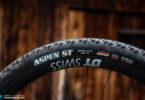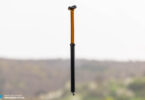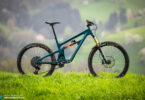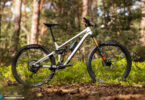Adjusting a cockpit, replacing old brake-pads or changing a worn-out chain are all repairs you can easily tackle with a mini-tool. But more complicated maintenance tasks such as replacing a cassette or straightening a badly bent brake rotor will require a more specific selection of tools. Why not invest in a proper tool box which contains all of the tools you need and also allows you to complete your existing home workshop?
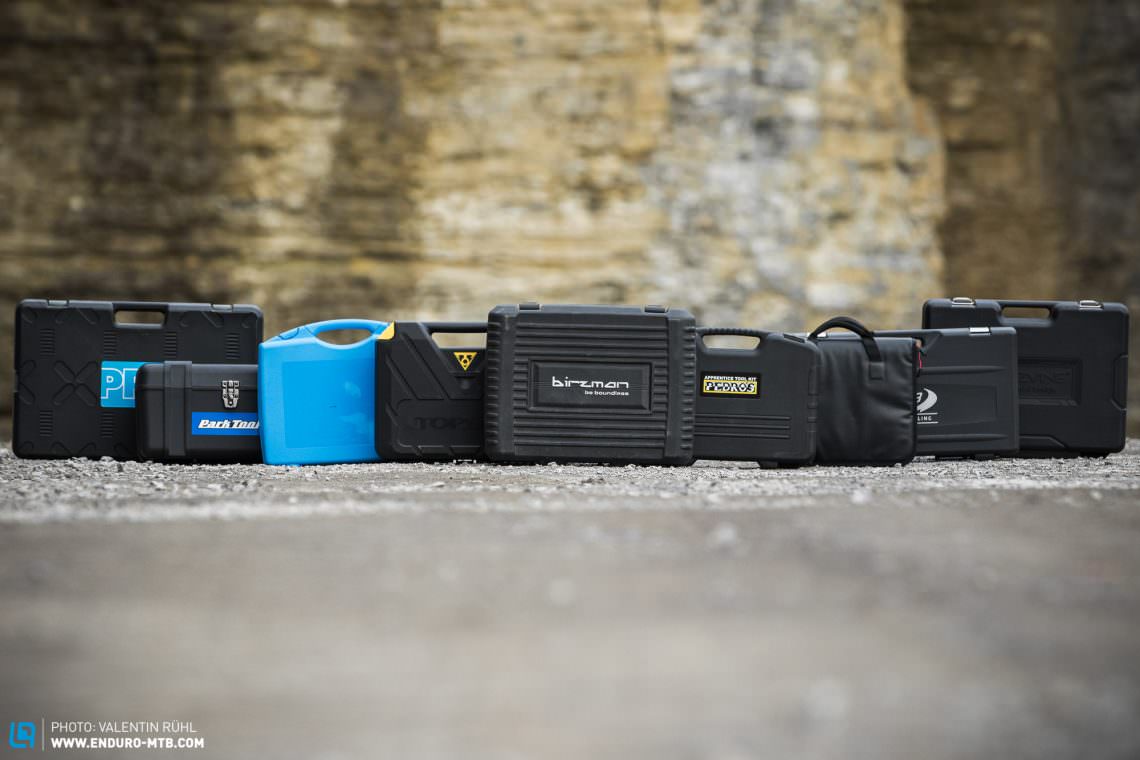
What should a good tool-box include?
This really depends on who is using it and what they need it for. Some of us might be looking for a kit that includes all of the tools they will ever need – in this case you should opt for something that offers the widest tool selection possible for your budget. For others a tool box might be the first step towards building their own little home-workshop. If that’s your case, you’re better off with a kit that offers fewer tools but at a higher quality. And then there are those who are always on the move and need a tool-box they can carry around with them in the car. Your choice will vary significantly depending on your specific needs. In this test we tried to find the ideal compromise between a good variety of tools, quality and practicality on the go.
Which kit offers the best balance of quality and variety for a decent price?
Let’s face it, most of us are unlikely to be splashing out € 1,000 or more on a tool box. That’s why we set a limit of € 450 in our comparison test. With this sort of budget you can expect to buy a kit which will get you out of trouble with most common repairs. We selected nine well-known high quality brands and picked their largest possible kit within our price range. Let’s find out which kit strikes the best balance between quality and variety.
The kits
| Brand | Kit | Price | Tools | Weight |
|---|---|---|---|---|
| BBB | Allroundkit BTL-91 | € 199.95 | 15 | 4.25 kg |
| Birzman | Studio Tool Box | € 349.00 | 37 | 8.30 kg |
| Feedback Sports | Team Edition Tool Kit | € 299.00 | 18 | 3.58 kg |
| Lezyne | Port-a-Shop Pro | € 299.95 | 16 | 5.30 kg |
| Park Tool | AK-2 | € 439.99 | 35 | 6.01 kg |
| Pedros | Apprentice Tool Kit | € 299.00 | 15 | 3.71 kg |
| PRO | Toolbox XL | € 349.95 | 36 | 7.92 kg |
| Topeak | PrepBox | € 349.95 | 19 | 4.95 kg |
| Unior | Pro Home Set 1600CN | € 404.00 | 19 | 3.41 kg |
Just by looking at this chart you will notice that the number of tools included in the different kits can vary substantially. However, this factor is less relevant than the actual selection of tools. To make an example, a mountain biker will hardly ever need a Campagnolo bottom bracket tool or a complete range of open-end wrenches – on the other hand a valve core tool or a rotor truing tool will be a welcome addition. We should also bear in mind that one single tool can have more than just one function.
Criteria
The case
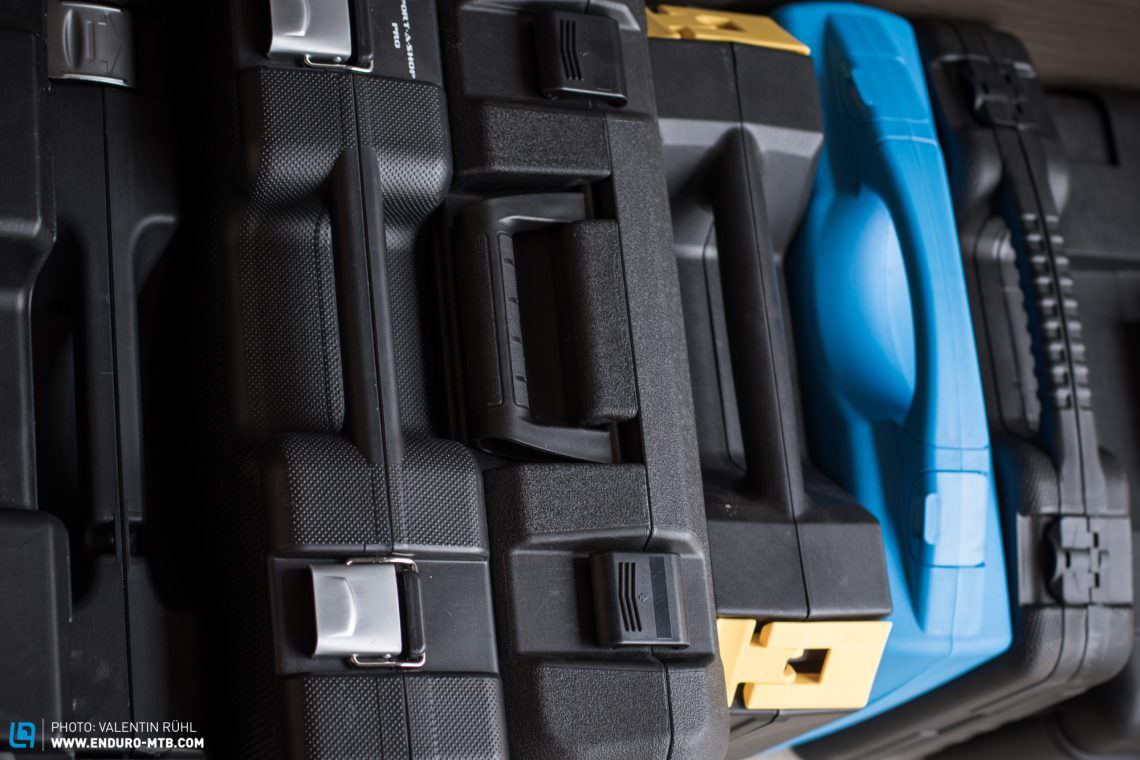
To start with we looked at the actual case. How well is it built and how sturdy is it? Is there enough room for additional tools? Are there any special features distinguishing one case from the others? How are the tools organised inside the box and how well are they secured? In other words: do you have to remove five tools before you can access the one you actually need? Are they properly anchored or will they come flying towards you every time you open the box? Are they anchored so tightly that you’ll pull a muscle each time you need a spanner?
The contents

Let’s have a look at the actual tools. First impressions, ergonomics, quality of the materials and the assortment of tools. We compiled a list of mandatory tools we think should be included in every tool-box for modern mountain bikes to allow for all common repairs especially when you’re not at home. We also included a selection of less frequently used “nice to have” tools.
Mandatory tools:
– L shaped Allen keys (2 2,5 3 4 5 6 8 10)
– Torx key (min. T10, T25, T30)
– Cassette tool (internally compatible with Centerlock )
– Bottom Bracket key (externally compatible with Centerlock )
– Chain whip or similar
– Chain rivet remover
– Chain link pliers
– Cable/hose cutters
– Spoke nipple wrench
– Tire lever
– Screwdriver
Nice-to-have:
– Nose pliers
– Adjustable spanner
– 8/10 mm spanners
– Shimano crank-arm tool
– Measuring tape
– Brake-rotor truing fork
– Pad and piston press
– Chain wear gauge
– Rubber hammer
– Crank puller (only for E-mountain bikes)
The stuff stars are made of…
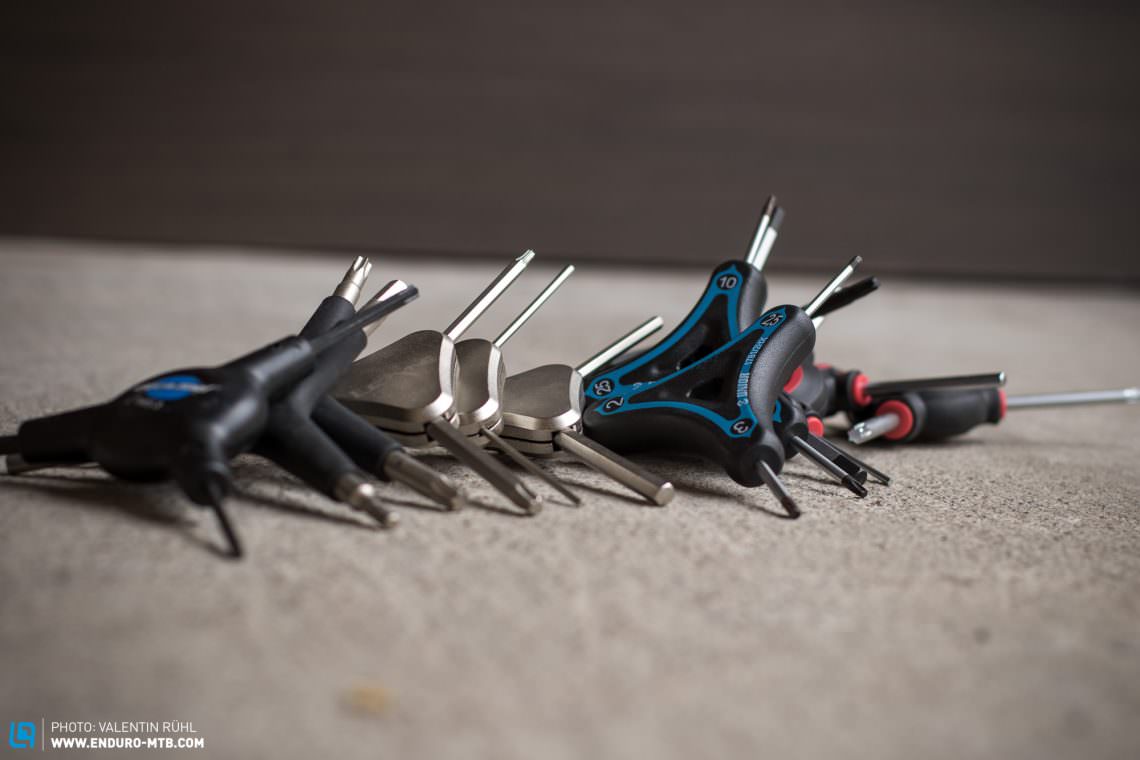
Some of the manufacturers equipped their kits exclusively with star-shaped 3-way hex and/or Torx keys, a choice that can easily become a double-edged sword. These are great for general cockpit tweaks and basic adjustments but not practical at all when you have to work on the less accessible areas of your bike (bottle-cage mounts, inner brake callipers at the rear). In these situations a traditional L-key would be a much better option.
Cassette tools
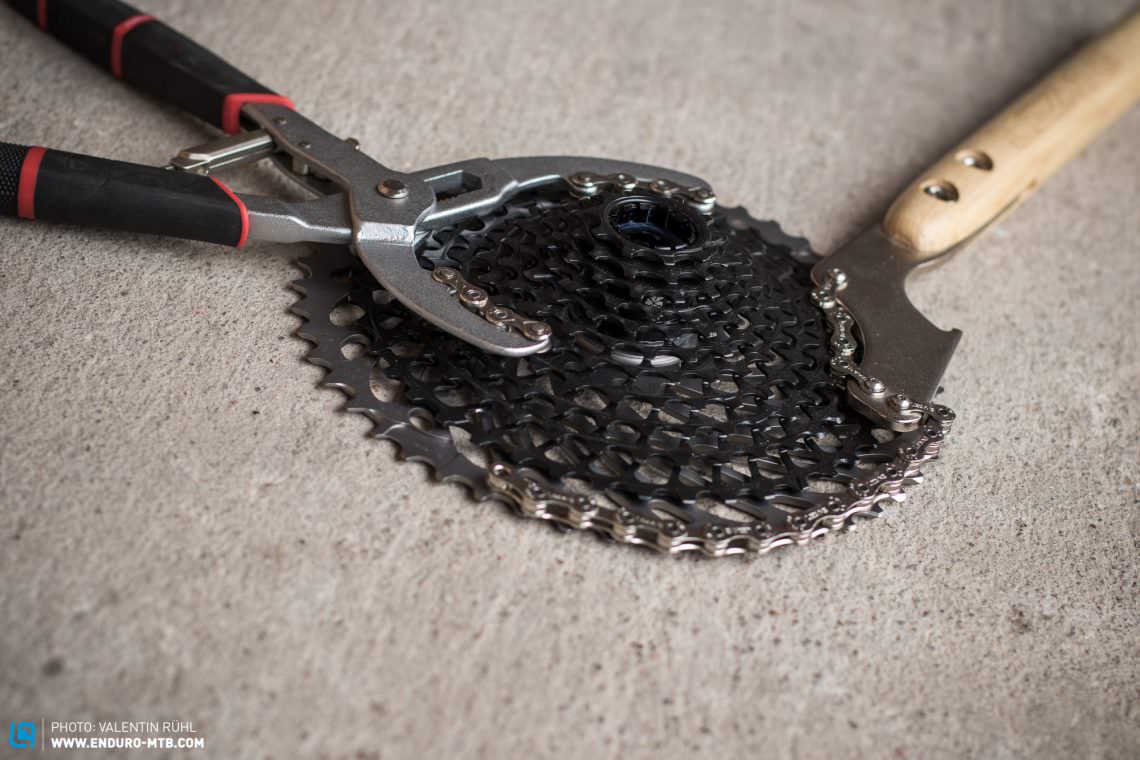
When it comes to cassette fitting and removal-tools, the manufacturers we chose for our test offer different solutions. While most brands rely on a traditional chain whip, Feedback includes a set of practical self-adjusting cassette pliers, while Pedros and Unior opted for a 3-pin cassette holder. This works with 11 tooth cogs on one side and 12 tooth on the other. But these days almost every cassette with a SRAM XD freewheel comes with a 10-t sprocket. Unior cleverly bypasses this with a system of extended pins that allows you to grab the second smallest 12-t cog on the cassette. Unfortunately this isn’t possible with Pedros’ tool which means you won’t be able to work on those cassettes.
Bottom bracket tools
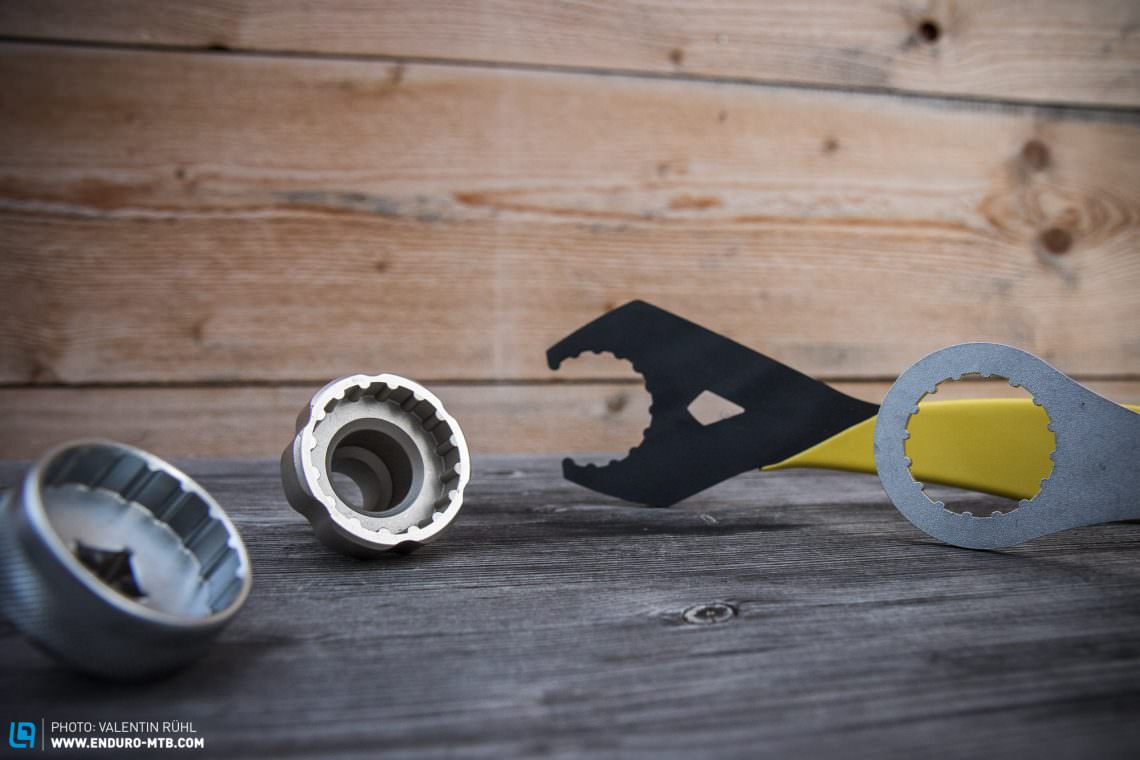
There are also big differences in the bottom bracket tool department. Half of the manufacturers in our test rely on a classic ring spanner, while the other half uses a ratchet attachment. All of the bottom bracket tools work faultlessly, but we had a few problems with the attachments when using them on centerlock rings. As opposed to Topeak, the contact surface of the Birzman and PRO tools just aren’t long enough to reach over the axle and grab the locking ring, especially when working on rear wheels. Lezyne cleverly overcomes this problem: as you’re holding the attachment from the outside, there is enough room on the inside to clip it over the axle cover.
Additional tools
Tools such as a chainring bolt holder or a 15 mm open-end wrench are good to have but generally pointless for repairs on modern mountain bikes. This is why we didn’t include them in our evaluation. The same goes for cleaning equipment (chain cleaners, brushes, cassette cleaners). To avoid cluttering and to keep unnecessary dirt out of your tool box you’re better off storing these separately. Classic crank pullers are only relevant for E-Mountainbikes these days (except Shimano).
The elephant in the room
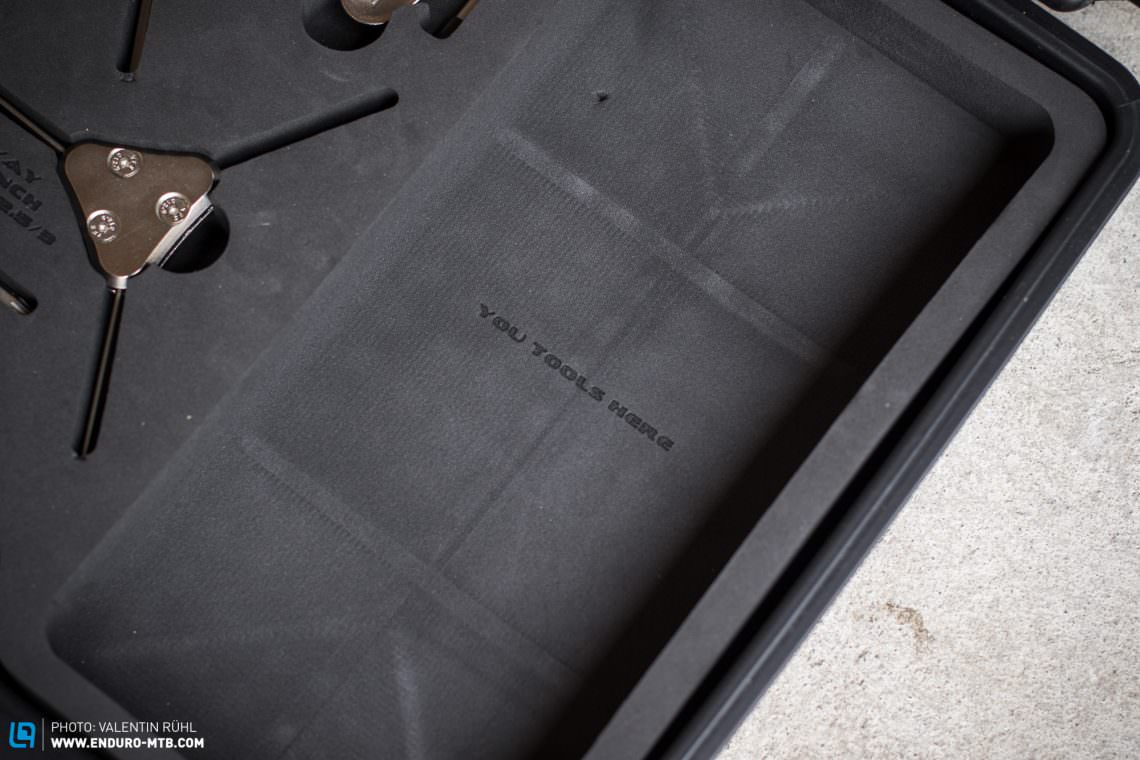
Let’s address the elephant in the room straight away: Why would you buy a ready-made kit if you can easily put one together yourself? For most of us it’s the price making a ready-to-go tool kit a much more attractive option, even if you end up paying for the odd tool you’ll only use once or twice a year. With some of the kits in our selection you’ll end up paying an average of just under 10 € per tool – and that’s including the case. And on top of that (almost) all of the kits are really well organised, space efficient and dimensionally proportioned to the tools they contain. In theory nothing can fly around, get damaged or lost. You shouldn’t underestimate this factor especially when using your tool-kit on the go or when sharing it with other people.
The best tool kit
A decent selection of tools and good quality are the two most important criteria when choosing a tool box. Still factors such as design, feel, finish, quality of the case and price play a crucial role. The Park Tool AK-2 kit scored good points with its excellent metal quality and a great tool selection but the flimsy case, the bad finish and the high price let it down badly. The Pedros Apprentice Tool Kit also features good quality tools but a scarce tool selection and somehow limited functionality of some tools affect the overall package. The Lezyne Port-a-Shop Pro also retails for 300 € and it shines with its functionality and – above all — the superb look and finish. Only the selection of tools is on the meager side. The BBB Allroundkit BTL-91 shows a similar poor assortment of tools but having said that it is also significantly cheaper than most of the other kits in our test.
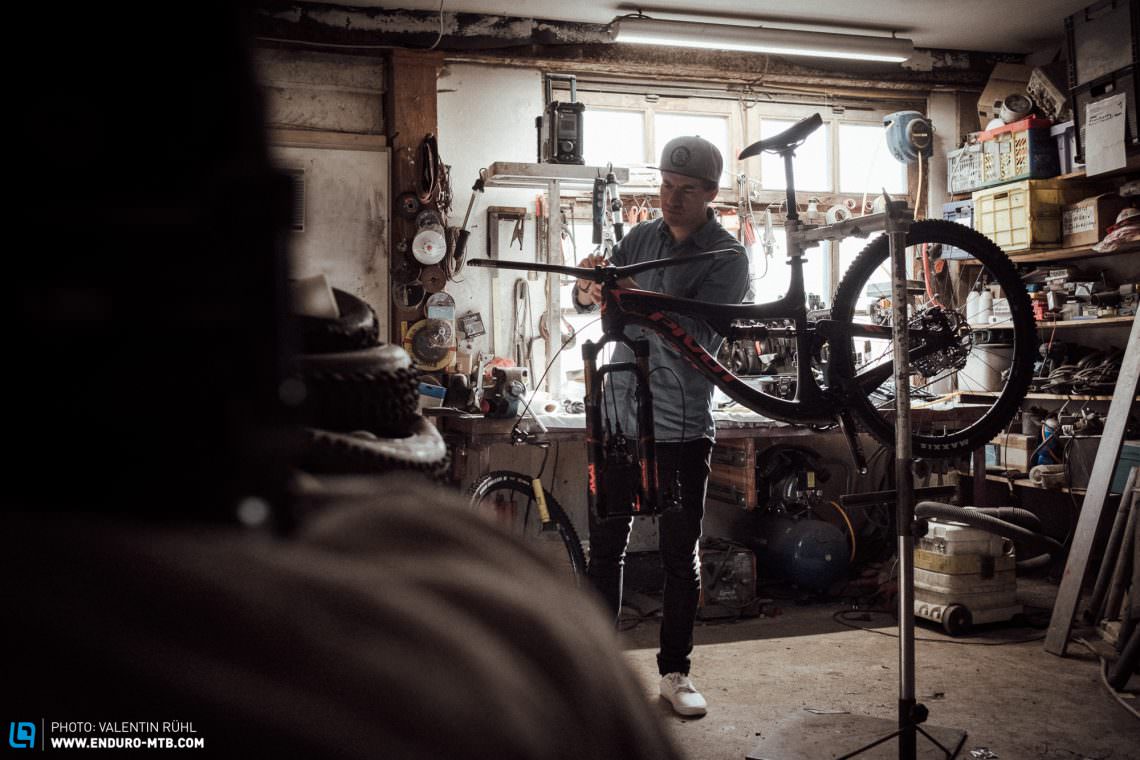
Despite its slim tool selection the Feedback Sports Team Edition Tool Kit covers the most important tools and also offers clever features such as a set of self-adjusting cassette pliers to replace a traditional chain whip. Thanks to its compact size and the practical hanging system it is our top-tip for maximum portability. The Topeak PrepBox and the Unior Pro Home Set 1600CN are both very good and solid allrounders though both come with similar limited yet sufficient selection of tools as the Feedback Sports. Whilst Topeak’s case resembles a little safe that could possibly be run over by a car, Unior’s cheap-looking box is a true disappointment – the plastic is thin and the insert wasn’t even glued on properly in our test case. But then it redeemed itself with its high quality tools – a very good basis for a home workshop. The PRO Toolbox XL offers the widest range of functions but surprisingly doesn’t include an 8/10 mm open wrench nor a chain gauge. The tools as well as the case are solid yet somehow of a cheaper quality than those from the competition.
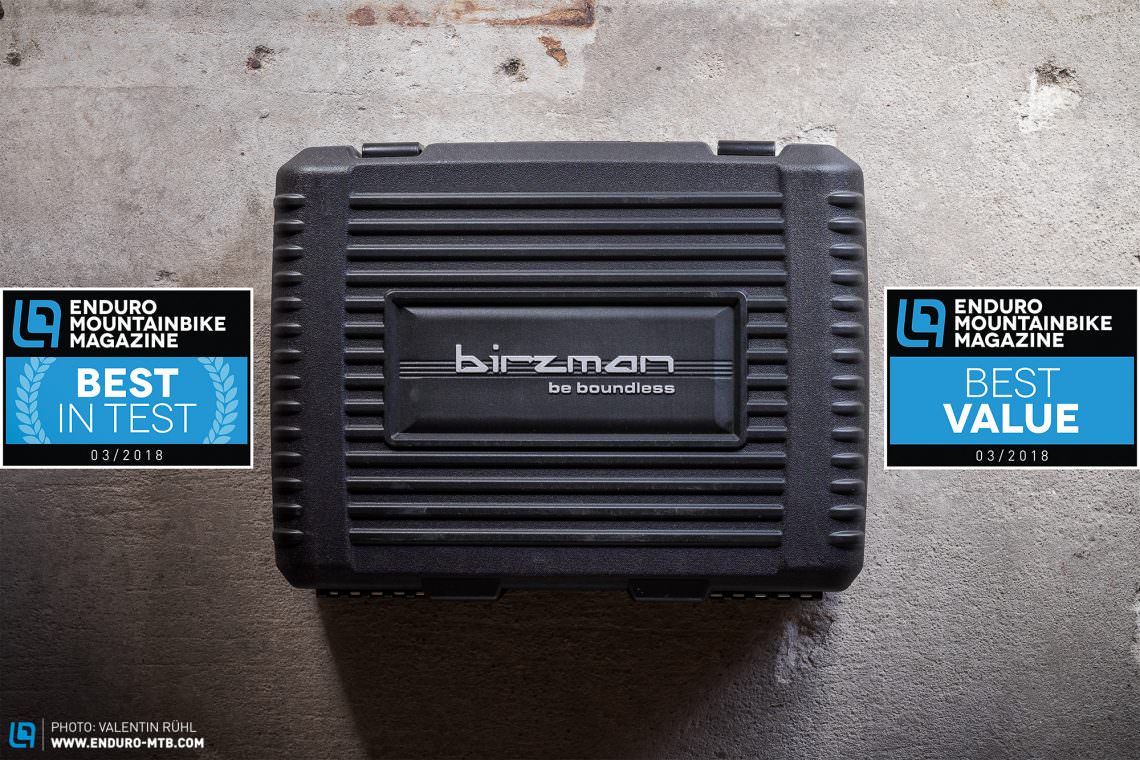
Let’s save the best ‘till last: the Birzman Studio Tool Box offers the widest range of tools as does the PRO Toolbox but with the great quality of the Topeak kit – and at the same € 350 price tag as both of them. It also shines with a tough case and a very handy foam mat which can actually be used in many ways. Functionality, selection and quality all at a reasonable price – the Birzman just ticks all the boxes and is not only our “best in test” but also our “best value” tip.




